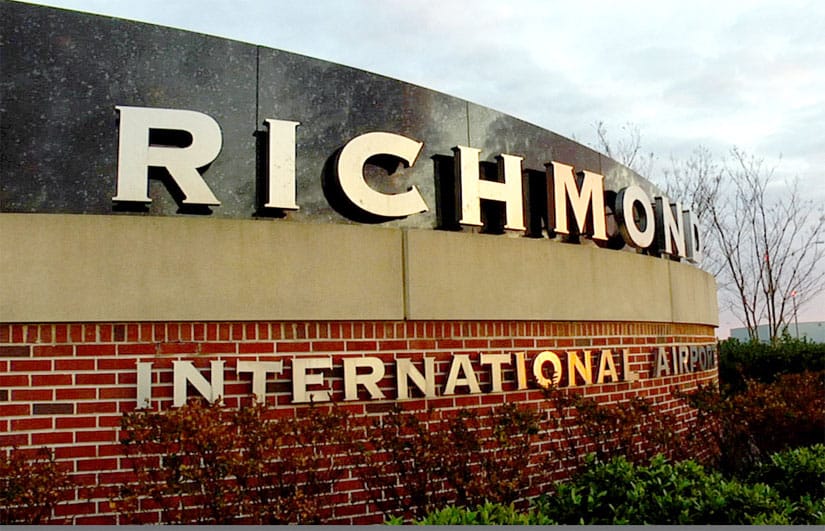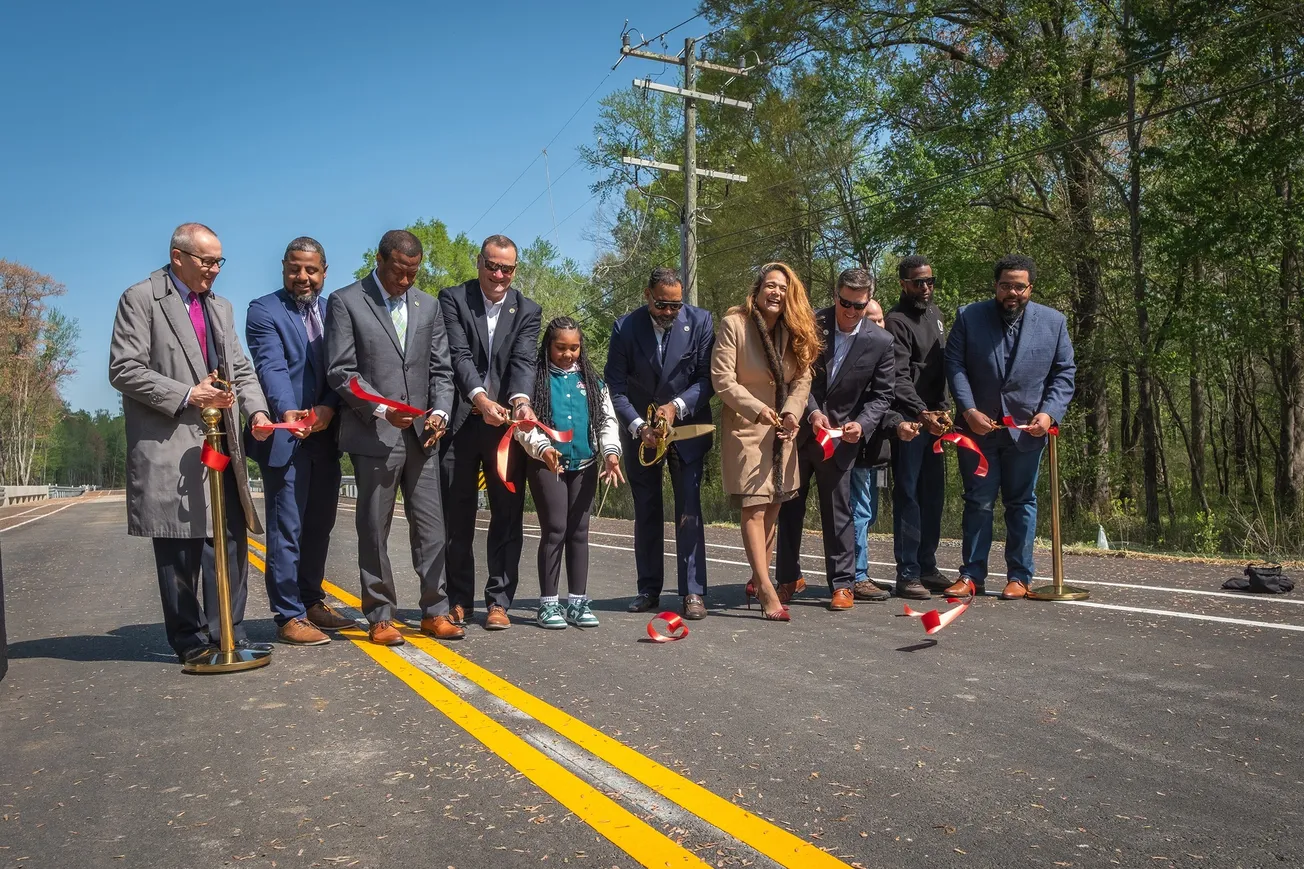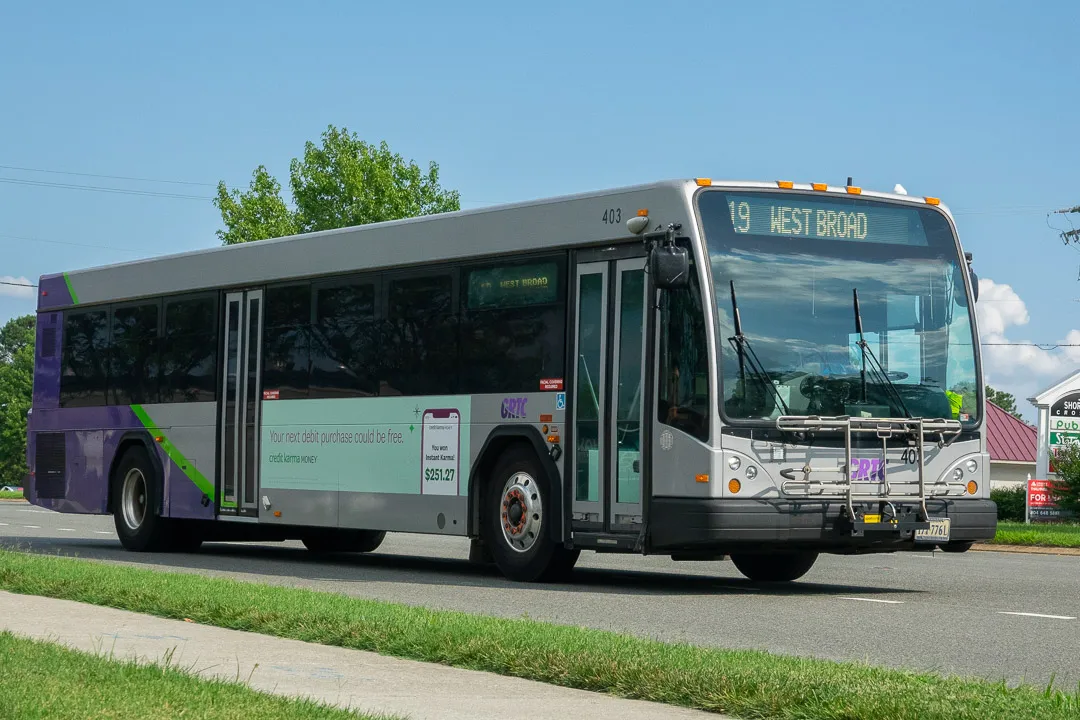TSA officers protest in Richmond over the removal of workplace protections

Table of Contents
Air travel in Virginia could face growing strain, TSA officers warned Wednesday, as they staged a one-hour protest at Richmond International Airport over the federal government’s decision to strip them of key workplace protections.
While operations remained steady during the demonstration, officers cautioned that the rollback could undermine safety and staffing at security checkpoints across the state.
The protest was sparked by a move from the Department of Homeland Security (DHS) to terminate the collective bargaining agreement that had allowed TSA officers to negotiate over working conditions — a significant shift in how the agency interacts with its workforce.
TSA officers, who screen passengers and baggage at security checkpoints across the country, say the loss of these rights has left them more vulnerable and less able to speak up on issues that directly affect passenger safety and operational efficiency.
The change followed the March 27 executive order signed by President Donald Trump, which excluded the TSA from federal labor protections under the Federal Service Labor-Management Relations Statute and the Foreign Service Labor-Management Relations Statute.
The agency defended the decision, saying collective bargaining had “constrained” TSA’s mission “to safeguard our transportation systems and keep Americans safe.”
But union leaders strongly disagree, calling the move a direct threat to both employee wellbeing and public safety. The American Federation of Government Employees Local 448, which represents TSA officers, said its members have been “disrespected, demeaned, and degraded” by businessman and presidential advisor Elon Musk — a senior figure in the Trump administration — and by the administration itself since Trump returned to office in January.
Sherry Markham, a Navy veteran turned TSA officer, said the collective bargaining agreement had been essential in addressing practical concerns — from parking cost to uniform expenses to scheduling practices that directly impact travelers.
“It’s ensuring that we have the ability to come in, focus on our positions and not worry about anything other than that, but without that in place, there’s a fear we’re left exposed,” Markham said. “The CBA did so much for us (including) the pay equity and our rights in general. It’s been amazing and without that in place, everyone is just scared.”

The union has filed a lawsuit against Homeland Security Secretary Kristi Noem, arguing that the administration’s move to dismantle the agreement is not only anti-worker but also short-sighted.
In a public statement, DHS countered that union activities had interfered with operations. The department claimed that officers tasked with union-related responsibilities diverted staff from frontline security duties at the country’s 432 airports. It also defended recent changes that reward performance over seniority — another union concern — saying they help recognize standout employees more fairly.
“Thanks to Secretary Noem’s action, Transportation Security Officers will no longer lose their hard-earned dollars to a union that does not represent them. The Trump Administration is committed (to) returning to merit-based hiring and firing policies,” DHS said.
The department added that the change would lead to a “more effective and modernized workforce” across the nation’s transportation networks. “TSA is renewing its commitment to providing a quick and secure travel process for Americans.”
But the TSA union argues that the agency overstepped its legal authority. In its lawsuit filed against Noem, the union stated that the collective bargaining agreement — signed just last year with a seven-year term — is “a binding contract” that cannot be unilaterally terminated by the secretary.
For longtime officers like Calvin Nelson, who joined TSA straight out of high school 18 years ago, the rollback feels personal. Now raising a child, Nelson said the CBA helped ensure a more “comfortable” wage — critical for officers juggling life’s growing demands.
Nelson recalled how difficult it was before the agreement took effect, noting that some of his coworkers had to work two or three jobs just to stay afloat.
“I’ve seen a lot of things change. A lot of things get better, and it seems like losing collective bargaining, we’re going backwards versus going forward,” Nelson said.
“My coworkers and I need collective bargaining to protect us,” he added. “Without it, we feel unprotected.”
This article first appeared on Virginia Mercury and is republished here with permission. Virginia Mercury is part of States Newsroom, a network of news bureaus supported by grants and a coalition of donors as a 501c(3) public charity. Virginia Mercury maintains editorial independence.




